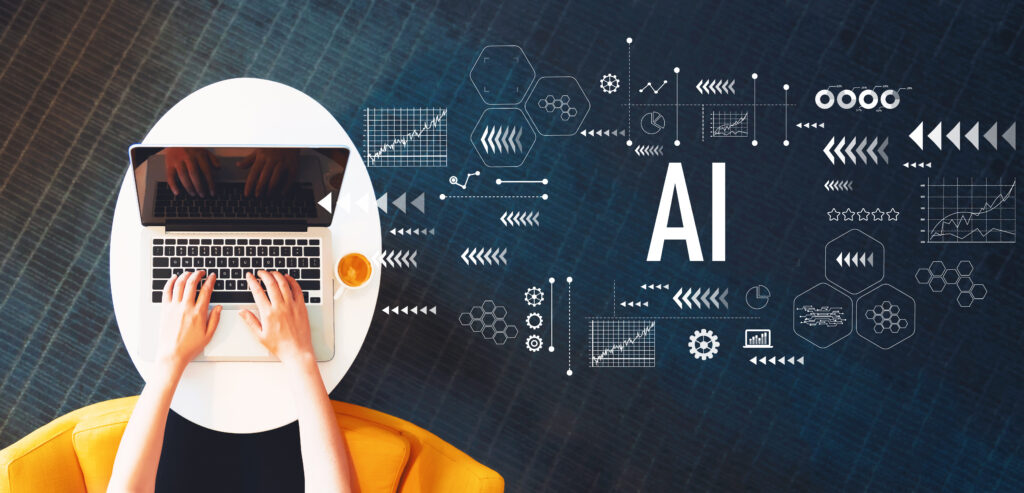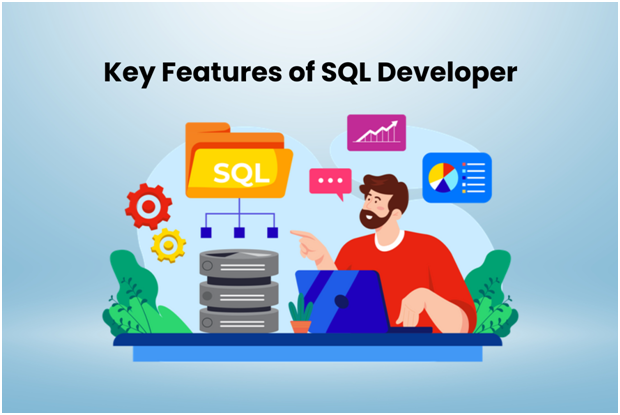Organizations face numerous difficulties in safeguarding their digital assets and identifying sophisticated threats in the constantly changing world of cloud security. Traditional security techniques frequently fail to offer sufficient protection as the size and complexity of cloud environments keep expanding. However, the development of artificial intelligence (AI) ushers in a new era of cloud security, giving organizations access to cutting-edge tools that improve protection and detection.
This article examines the significance of cloud security, the critical role AI plays in it, and how it has the potential to fundamentally change how businesses protect sensitive data and proactively defend against new threats.
What is Cloud Security?
Cloud security is a powerful protector in cloud computing, where data flows seamlessly and businesses prosper. Imagine it as a powerful shield that protects against unauthorized access, prevents data breaches, and fends off persistent online threats. Therefore, the question arises, what is cloud security? It is the extraordinary fusion of practices, technologies, and policies in the cloud that ensures the security of your data, applications, and infrastructure.
Cloud security makes sure that your sensitive information is protected from lurking cybercriminals with layers of network security, strong access controls, and cutting-edge encryption. Embrace the superpower shield of cloud security and unleash the full potential of cloud computing, knowing that your priceless digital assets are safeguarded, safe, and prepared to face the endless horizons of the digital age.
What is AI?
AI is a computer science that creates smart machines to do human-like tasks. It entails creating computer systems capable of carrying out operations that ordinarily call for human intelligence, such as comprehending spoken language, identifying visual cues, making judgment calls, and picking up knowledge through experience.
AI is changing industries like healthcare, finance, and transportation by enabling machines to analyze and make decisions. The field includes machine learning, natural language processing, computer vision, and robotics.
Benefits of Artificial Intelligence
Artificial intelligence (AI) has a wide range of advantages in many fields, including:
- Improved threat detection and reaction
- Improved decision-making precision and effectiveness
- Automating repetitive processes and tasks
- Pattern recognition and cutting-edge data analysis
- Individualized recommendations and user experiences
- Cost-effectiveness and productivity growth
- Predictive modeling for preventative action
- Effective fraud detection and cybersecurity
- Optimized resource allocation and streamlined operations
- Speeding up problem-solving and innovation.
Role of Artificial Intelligence in Cloud Security
The importance of artificial intelligence (AI) in cloud security is rising as businesses deal with sophisticated and constantly changing threats in the digital sphere. Here are some crucial contributions that AI makes to improving cloud security:
● Threat Intelligence and Predictive Analytics
AI can analyze data, identify patterns, and predict threats. This helps organizations enhance security measures and stay ahead of potential risks with predictive analytics and threat intelligence.
● Detection of Anomalies and Intrusions
AI can spot suspicious or unusual activity compared to normal user behavior, network traffic patterns, or system configurations. This enables early detection of intrusions, malicious activity, or potential data breaches, allowing organizations to act quickly and minimize damage.
● Threat Identification and Prevention
AI-powered algorithms analyze massive amounts of data to spot patterns and anomalies that could be signs of potential security threats. A proactive approach to threat prevention and faster response times are made possible by AI, which continuously monitors network traffic, user behavior, and system logs.
● Smart User Authentication
AI uses cutting-edge authentication methods to strengthen identity and access management. This includes facial recognition, voice recognition, and behavioral biometrics, which allow for more precise user authentication and lower the risk of identity theft and unauthorized access.
● Privateness and Data Security
AI can improve cloud data security and privacy using advanced encryption methods. It also helps with data classification, sensitive information detection, and implementing security controls to comply with regulations and privacy standards.
● Automation of Security Incident Response
Automation of routine security tasks and incident response procedures is made possible by AI. It can assess security alerts, combine information from various sources, and act quickly to contain and lessen security incidents. AI assists security teams by reducing their workload by automating these procedures, allowing for quicker and more effective incident response.
Artificial Intelligence Threats to Cloud Security
Although artificial intelligence (AI) has many advantages for cloud security, it is not without risks and difficulties. Consider the following points when utilizing AI for cloud security:
● Complications and Technical Proficiency
It takes specialized knowledge and technical proficiency to implement AI in cloud security. For businesses to effectively develop, deploy, and maintain AI systems, they need qualified personnel. Carefully managing the complexity of integrating AI into the current security infrastructure is necessary.
● Asymmetrical Attacks
When malicious individuals consciously manipulate inputs to trick the AI system, adversarial attacks against AI models are possible. Misclassifications, circumvention of security measures, or vulnerability exploitation may result from this. To identify and prevent such attacks, thorough testing and constant observation are necessary.
● Difference and Biases
Reducing biases in the data used to train algorithms is important to avoid discrimination in AI decision-making. Fairness and equity should always be prioritized.
● Ethics and Privacy Issues
Large amounts of private data may be processed by AI systems, which raises questions about privacy and ethical implications. It is imperative to guarantee proper data handling, adherence to privacy laws, ethical considerations regarding data usage, and openness in AI algorithms.
● Overconfidence and A Fictitious Sense Of Security
A false sense of security may be produced if cloud security solely depends on AI. It is crucial to understand that AI is imperfect and that human expertise and other security measures should be added. The effectiveness of AI-driven security systems must be regularly monitored, updated, and overseen by humans.
● Mistakes and System Failures
Technical issues, malfunctions, or errors can occur in AI systems, which could have unintended consequences or expose security vulnerabilities. Organizations should have backup plans, thorough testing protocols, and fail-safe mechanisms to mitigate potential system failures and reduce related risks.
The Final Words
AI improves cloud security by enhancing defenses, detecting threats quickly, and responding faster. Combining it with human intelligence is important to address adversarial attacks, privacy concerns, biases, and the need for expertise. AI is a powerful tool for safeguarding digital assets and confidential information in an interconnected world.









